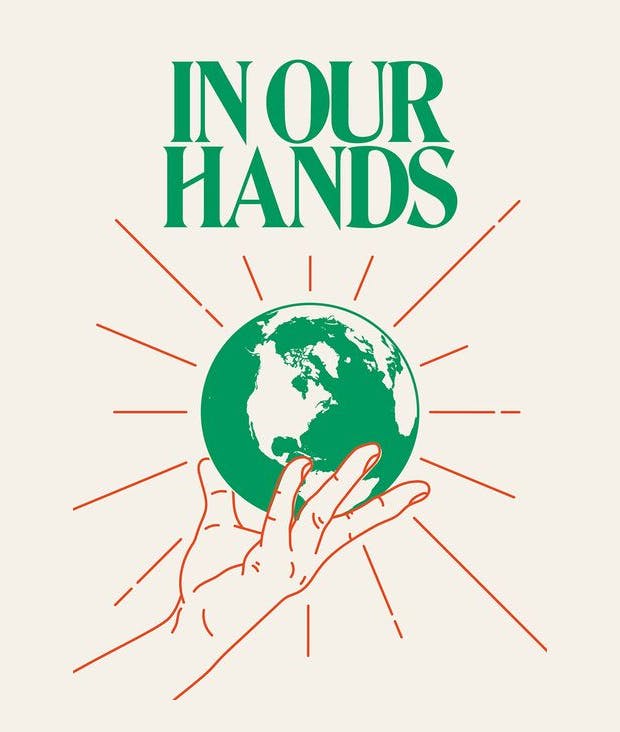- Product: Shoes
- Purpose: To create a business that improves lives.
- Link: https://www.toms.com/uk
- What can we learn? Authenticity is key
Toms show that authenticity is crucial when it comes to purpose. When you cultivate a purpose that is distinctly in line with your product or service (like selling shoes and donating shoes), it will act as a hook to draw in new customers who are compelled by your story. Deviating too far from what your company offers risks being perceived as performative and loses legitimacy.
What's Toms story?
Toms are an LA-based shoe company who’ve sold over 100 million shoes worldwide since their conception in 2006. Along their journey to becoming major players in the global retail market, Toms have donated 95+ million shoes to children who need them, as well as having funded 780,000 sight restorations, 722,000 weeks of safe water and donating $6.5 million towards impact grants. Combined, the business has impacted over 9.5 million lives across 85+ countries across the world.
Now, at a glance, those figures are a lot to digest. But, if we break things down a little, you’ll notice the beautiful simplicity in Toms business model. Toms operate using the 1 for 1 model, where with every pair of shoes sold, a new pair is donated to a child who needs them. This idea inspired their name ‘Tomorrow shoes’, where a pair is donated ‘tomorrow’, later shortened to ‘Toms'.

After having felt the profound impact of the 1 for 1 model on both the communities they're helping and their business itself, Toms stepped beyond shoes and extended their offering into eyewear (funding sight-saving surgery), and roasting coffee (supporting clean water initiatives).
What can we learn?
Founder, Blake Mycoskie, has made it his life’s work to maximise impact through his business, as well as to inspire other entrepreneurs to operate using a similar spend-and-give model. In a Tech Crunch interview, he expressed his fundamental belief that “people have this pent up desire to be part of something that’s much bigger than themselves”, explaining that the smartest entrepreneurs in the tech industry are increasingly looking at their products and "building in (a) giving component into the fabric of it".
However, Mycoskie makes clear that giving, alone, doesn’t function as a 'get-out-of-jail-free' card, leaving you devoid of any other social responsibility. Instead, he highlights that in order for purpose to influence both meaningful impact and company value, “it’s got to be authentic, and it’s got to be integrated into the fabric of everything you do… it’s got to be sincere”. He also promotes the business value of an authentic purpose, explaining, “it’s very easy to integrate some type of giving component [yet] I also don’t think entrepreneurs recognise the value to the business, to the bottom line”, when executed properly “they wouldn’t see the giving and the charity as an expense as much as an investment”.
Toms slogan ‘start something that matters’ captures their aspirations perfectly. We hope that Mycoskie’s passion for purpose inspires today’s entrepreneurs to build businesses for good, not just for profit.




